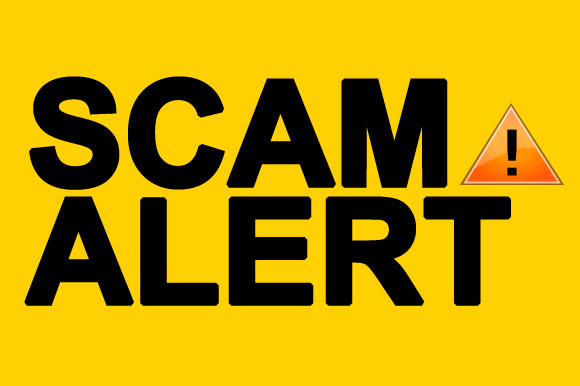10 Types Of Scams To Avoid In SA

South Africa is still one of the most dangerous countries in the world where crime is at it’s toll. Today, we take a look at fraud crimes in SA which have become endemic. This may be attributed to a number of factors, among others, an increase in poverty and a culture of crime in the country. Here is the list of the top 10 scams that you need to look out for.
1. False payment confirmations
Junk Mail users knows this scam as the SMS Payment confirmation scam. Basically a hoax payment confirmation SMS is sent out by the scammer to confirm payment and it appears to be from your bank. To best way to avoid being caught is to verify that money has been deposited into your account – always. Never release the goods that you’re selling if you aren’t 100% sure that you’ve received payment.
2. Credit Card Skimming
This is a global problem. is the illegal copying of information from the magnetic strip of a credit or ATM card. It is a more direct version of a phishing scam. The scammers try to steal your details so they can access your accounts.
3. Counterfit merchandise
Counterfeit goods fraud involves goods passed off as originals which are actually fake. Counterfeit goods include fake designer clothes, bags, accessories and perfumes as well as pirate DVDs, CDs and computer games.
4. Phishing
This scam is the illegal attempt to acquire sensitive information such as usernames, passwords, and credit card details (and sometimes, indirectly, money), often for malicious reasons, by masquerading as a trustworthy entity in an electronic communication.
5. Unethical app downloads charges
Criminals and unethical developers are now using premium-rated SMSes to defraud people via the mobile applications they download. At the end of 2011, Google removed 22 applications from the Android cellphone market because they conned people into agreeing to premium SMS charges.
6. SIM Swops
One of the ways that a phishing scam can go is a SIM swop scam. The scammer already has your cellphone number and can get enough additional information to request a SIM swop from your network operator. That way they have access to both your bank account details and the SIM card needed to complete transactions. To prevent this SA mobile operators have increased security surrounding SIM swops and this kind of fraud is declining.
7. The 419 heartbreaker scam
The 419 scams have been around since the dawn of the internet, the oldest one speaking of an inheritance that the sender is due, but your bank account details are needed to deposit the funds, in return for which you’ll get a percentage. Another oldie is the e-mail from Western Union telling of a “deposit” into your account and requiring your personal information.
8. Unscrupulous subscription services
The unscrupulous wireless application service providers (WASPs) can bill any South African cell number and can even detect and record cell phone numbers if you’re browse their websites using your cellphone. On a mobile device all that is needed to bill you is your cellphone number. Make sure that you check your phone bills looking for charges you did not authorize or ongoing charges for subscription services that you did not realise were not once-offs
9. Microsoft Scam
If you receive a phone call from a security ‘expert’ offering to fix your PC – it’s a scam. Scammers call you on your cellphone or home phone claiming to be working for Microsoft. They tell you that they have found out you have a problem with your home computer.
10. Smishing
This is a form of criminal activity using social engineering techniques. Phishing is the act of attempting to acquire personal information such as passwords and credit card details by masquerading as a trustworthy entity in an electronic communication. SMS (Short Message Service) is the technology used for text messages on cell phones.




